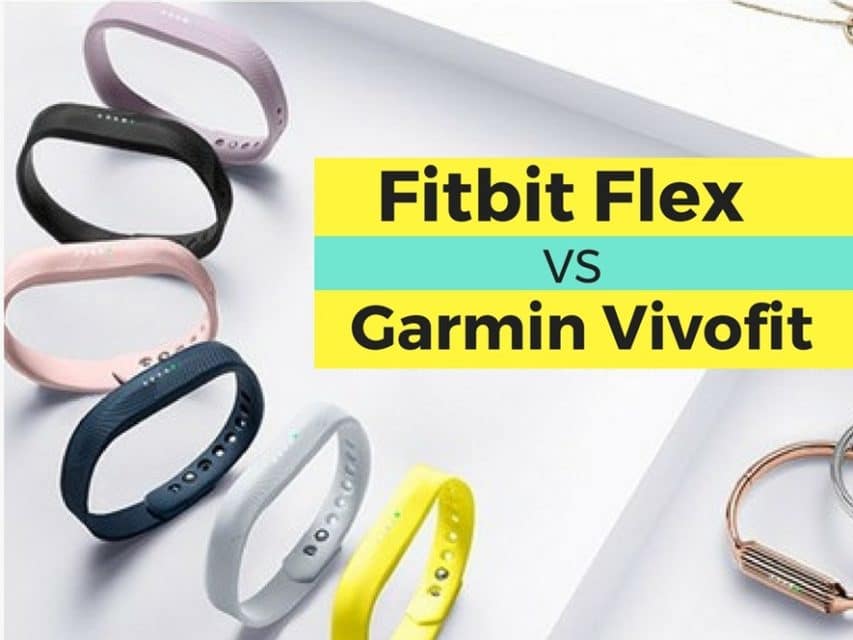Fitness trackers are popular tools for monitoring physical activity and health. Fitbit and Garmin are two of the most popular brands, each with their own design, features, accuracy/performance, user interface/app, battery life, and price. Fitbit devices are smaller and sleeker with a focus on everyday wearability, while Garmin devices are often larger and more rugged with a focus on outdoor and sports activities. Both brands are reliable in terms of accuracy and performance, with Fitbit offering automatic activity detection and Garmin offering more advanced activity tracking. The choice ultimately comes down to personal preference and what features are most important to the user.
Fitbit vs. Garmin: A Head-to-Head Battle of Fitness Trackers
Introduction
Fitness trackers have become an essential tool for many people who want to monitor their physical activity and health. Two of the most popular brands are Fitbit and Garmin, each with its own set of features and benefits. In this article, we will compare and contrast Fitbit and Garmin fitness trackers to help you decide which one is right for you.
Design and Features
Fitbit and Garmin offer a range of fitness trackers that vary in design and features. Fitbit devices are typically smaller and more sleek, with a focus on everyday wearability. They track daily steps, distance traveled, and calories burned, in addition to sleep patterns and heart rate. Some models also include built-in GPS and contactless payment capabilities.
Garmin devices, on the other hand, are often larger and more rugged, with a focus on outdoor and sports activities. They offer a wider range of features, including GPS tracking, barometric altimeter, and VO2 max estimation. Garmin also offers specific models for golf, swimming, and triathlons.
Accuracy and Performance
When it comes to accuracy and performance, both Fitbit and Garmin are reliable choices. Fitbit uses PurePulse technology to track heart rate, which has been shown to be accurate for most users. Garmin also uses wrist-based heart rate monitoring, but some users have reported issues with accuracy during high-intensity activities.
In terms of step tracking, both brands have been shown to be accurate within 10% of actual steps taken. Fitbit offers automatic activity detection, meaning that it will recognize when you are exercising and track your activity accordingly. Garmin offers more advanced activity tracking, including multisport modes and training plans.
User Interface and App
The user interface and app are important factors to consider when choosing a fitness tracker. Fitbit’s app is user-friendly and easy to navigate, with a simple dashboard that displays all of your fitness data. It allows you to set goals, track progress, and connect with friends for added motivation.
Garmin’s app is more complex, but it offers a more comprehensive range of data and insights. It allows you to view your activity history, track sleep, and monitor your weight and body composition. Garmin also offers the Connect IQ store, which allows you to download apps, widgets, and watch faces that can be customized to fit your needs.
Battery Life
Battery life is another important consideration when choosing a fitness tracker. Fitbit devices typically offer between 5-7 days of battery life, depending on usage. Some models, such as the Fitbit Charge 4, also offer fast charging capabilities.
Garmin devices offer longer battery life, with some models lasting up to 2 weeks on a single charge. The Garmin Fenix 6X Solar even features a solar panel that can extend battery life up to 3 months!
Price
Price is always a factor when making a purchase. Fitbit devices are generally more affordable than Garmin, with devices ranging from $69.95 to $329.95. Garmin devices, on the other hand, can cost anywhere from $129.99 to $1,149.99, depending on the model and features.
Conclusion
When it comes to Fitbit vs. Garmin, both brands offer high-quality fitness trackers with their own unique set of features and benefits. Fitbit is a great choice for those who prioritize everyday wearability and a user-friendly app, while Garmin is best for serious athletes and outdoor enthusiasts who need more advanced tracking capabilities. Ultimately, the choice comes down to personal preference and what features are most important to you.
